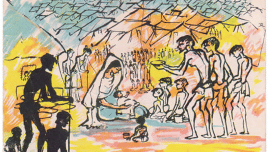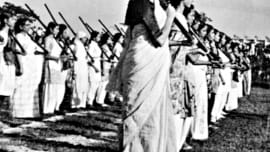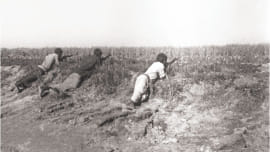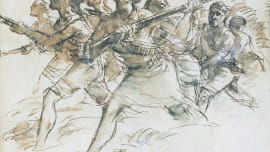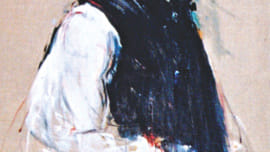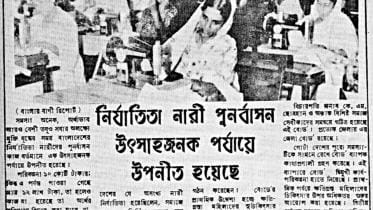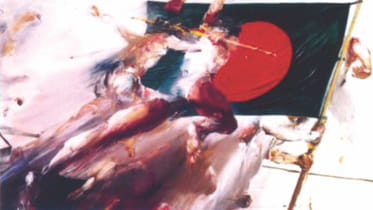Refugee Relief / The postal tax that helped millions
15 December 2016, 18:00 PM
Victory Day 2016 Special
The Birangona beyond her wound
15 December 2016, 18:00 PM
Victory Day 2016 Special
The women in our Liberation War
15 December 2016, 18:00 PM
Victory Day 2016 Special
The Guerrillas of Dhaka in 1971
15 December 2016, 18:00 PM
Victory Day 2016 Special
Remembering Lieutenant Samir Das
15 December 2016, 18:00 PM
Victory Day 2016 Special
OUR INSPIRATION / Editor's Note
15 December 2016, 18:00 PM
Victory Day 2016 Special
Muktijuddho: Polyphony of the Ocean
15 December 2016, 18:00 PM
Victory Day 2016 Special
The postal tax that helped millions
For netizens of the time, postage stamps are mere remnants of history. Almost every Bangladeshi, 30 and above, will recollect fond memories of this collecting pursuit and their prized stamp album, but to the younger generation philately no longer bears any special meaning.
15 December 2016, 18:00 PM
The Birangona beyond her wound
Merely days after the Liberation War ended in 1971, the government of the newly formed Bangladesh, in a historically unprecedented move, termed women who were victims of sexual violence during the nine months of the war as Birangonas (war heroines). This, along with the state efforts of rehabilitating these women, has meant that unlike the conventional attitude towards wartime sexual violence, the issue is not mired in silence within Bangladesh
15 December 2016, 18:00 PM
The women in our Liberation War
One of the greatest shortcomings in the perception of our fight for Independence is our consistent failure to recognise the role of women in our Liberation War.
15 December 2016, 18:00 PM
The Guerrillas of Dhaka in 1971
On the morning of December 14, Tuni, Tito, Sabu, Ifu, Zami and I were sitting with others and eating breakfast when we noticed some villagers rushing into the camp. They had seen a large army of Pakistani soldiers moving towards our camp at Jirabo.
15 December 2016, 18:00 PM
Remembering Lieutenant Samir Das
Samir Das was a Bengali belonging to a middle class family of Calcutta. He was born in Banaras, Uttar Pradesh in India.
15 December 2016, 18:00 PM
Editor's Note
This day comes in the life of every Bangladeshi with unfathomable joy. Regrettably the feeling of joy is tinged with pain and loss, although victory against such a rapacious and brute force is never achieved without sacrifices. “If blood is the cost of victory then Bangladesh had overpaid.”
15 December 2016, 18:00 PM
Muktijuddho: Polyphony of the Ocean
As a PhD candidate at Columbia University with a research focus on Bangladesh history, I paid close attention when media reports came out about a draft bill that would punish any distortion of the history of Muktijuddho.
15 December 2016, 18:00 PM
